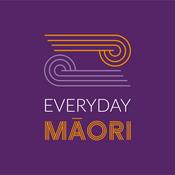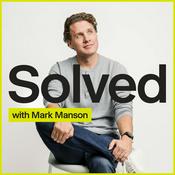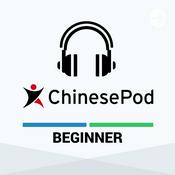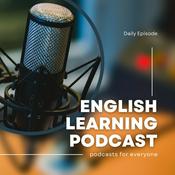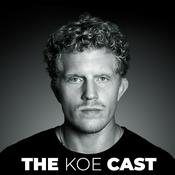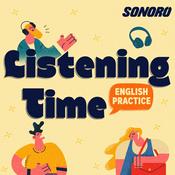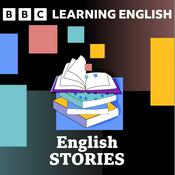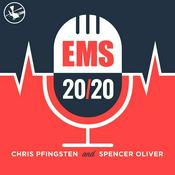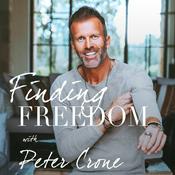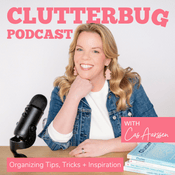221 episodes

Episode 216 - Why Math Practice Fails (And the Simple Fix)
14/12/2025 | 27 mins.
Do your students complete their math practice but forget everything by next week? There's a reason this happens—and a simple fix. Australian educator Michaela Epstein reveals why most practice only goes one direction (question → answer) and shares sorting & matching tasks that build real understanding. Learn how to add one metacognitive step that transforms mindless practice into flexible thinking. Plus, get details on the upcoming 10th Virtual Math Summit (Feb 28-March 1, 2026) with 34 sessions designed specifically for PreK-5 teachers and math coaches. Get any resources/links mentioned in this episode at BuildMathMinds.com/216

Episode 215 - Why Balance in Teaching Isn't What You Think
07/12/2025 | 7 mins.
Are you exhausting yourself trying to make everything "equal" in your math instruction or math coaching? In this video, I'm sharing why balance in teaching isn't about equality - it's about creating a beautiful structure that meets the needs of those you are working with. Let's rethink what balance really means for elementary math teachers and coaches. Get any resources/links mentioned in this episode at BuildMathMinds.com/215

Episode 214 - The REAL Purpose of Teaching Math (And Why It Matters More Than Ever)
23/11/2025 | 8 mins.
When your students ask "When will I ever use this?"—especially with AI doing calculations faster than any of us—how do you answer? In this episode, I share a conversation that just validated how I think about the purpose of teaching math. Spoiler: It's not about long division. It's about building thinkers, not calculators. You'll hear the difference between students who DO math versus students who THINK about math, why building flexible thinkers actually speeds up your teaching (not slows it down), and how to shift your instruction to focus on what really matters. If you've ever questioned why we teach certain math skills, this episode will give you a whole new perspective. Get any resources/links mentioned in this episode at BuildMathMinds.com/214

Episode 213 - Seeing Multiplication - How Subitizing Builds Fact Fluency Through Relationships
16/11/2025 | 22 mins.
Are your students still counting on their fingers for 6×4? Transform how you teach multiplication facts with this game-changing approach to subitizing! In this episode, you'll discover how to move beyond the exhausting "times tables treadmill" that forces students to memorize 100 disconnected facts. Instead, learn how subitizing—the ability to instantly recognize quantities without counting—can help your students see multiplication as beautiful, connected relationships. You'll learn: Why traditional fact memorization fails (and what works better) The 4 Types of Multiplication Facts that create a foundation for all others How to use ten frames and visual arrays to make multiplication facts "subitizable" Three classroom-ready strategies you can implement tomorrow How to help students see that facts, like 7×6, aren't random facts to memorize, but are connected to facts they already know (like 5×6 or 7×5) This episode walks you through the visual progression from scattered groups to organized arrays, showing you exactly how to use color-coding and strategic groupings to make even challenging facts like 8×7 accessible through relationships. You'll also see how all eight foundational number sense concepts work together to build true multiplicative thinking. Stop asking your students to memorize 100 isolated facts. Start helping them see the patterns, understand the relationships, and actually enjoy learning multiplication. Your students (and their fluency) will thank you! Includes link to Christina's color-coded multiplication chart to support visual learning in your classroom. Get any resources/links mentioned in this episode at BuildMathMinds.com/213

Episode 212 - Subitizing With Fractions
09/11/2025 | 8 mins.
Discover how subitizing—the ability to instantly recognize quantities without counting—can transform your fraction instruction! While you may already use subitizing with your younger students, this episode reveals why it's equally powerful for upper elementary learners working with fractions. You'll learn what subitizing with fractions actually looks like and why keeping quantities small makes all the difference. We'll explore how subitizing helps students focus on relationships between quantities rather than getting bogged down in counting individual pieces, allowing them to use grouping strategies and truly understanding what's happening when operating with fractions, not just following rules. This episode will give you practical strategies to build stronger fraction sense in your classroom. Plus, grab the free Fraction Subitizing Cards to get started right away! Get the Fraction Subitizing Cards here: https://buildmathminds.com/fraction-subitizing-10day Enroll in The Flexibility Formula 3rd-5th: https://buildmathminds.com/enroll/ WATCH: 4 Early Numeracy Concepts WATCH: How to Build Fraction Sense Get any resources/links mentioned in this episode at BuildMathMinds.com/212
More Education podcasts
Trending Education podcasts
About The Build Math Minds Podcast
Listen to The Build Math Minds Podcast, Learning English Conversations and many other podcasts from around the world with the radio.net app
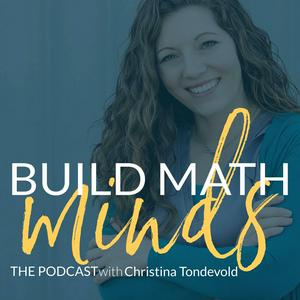
Get the free radio.net app
- Stations and podcasts to bookmark
- Stream via Wi-Fi or Bluetooth
- Supports Carplay & Android Auto
- Many other app features
Get the free radio.net app
- Stations and podcasts to bookmark
- Stream via Wi-Fi or Bluetooth
- Supports Carplay & Android Auto
- Many other app features


The Build Math Minds Podcast
download the app,
start listening.






